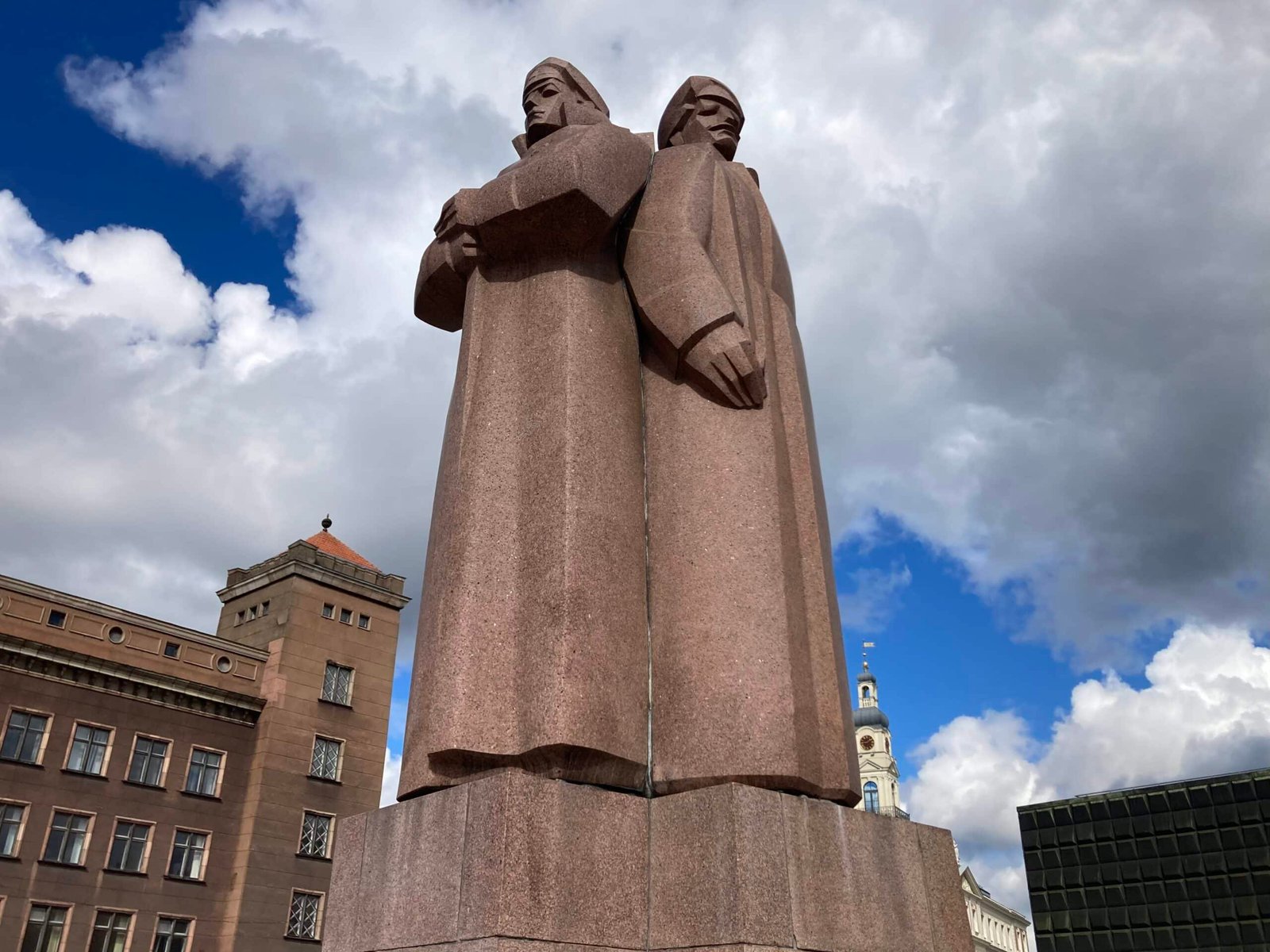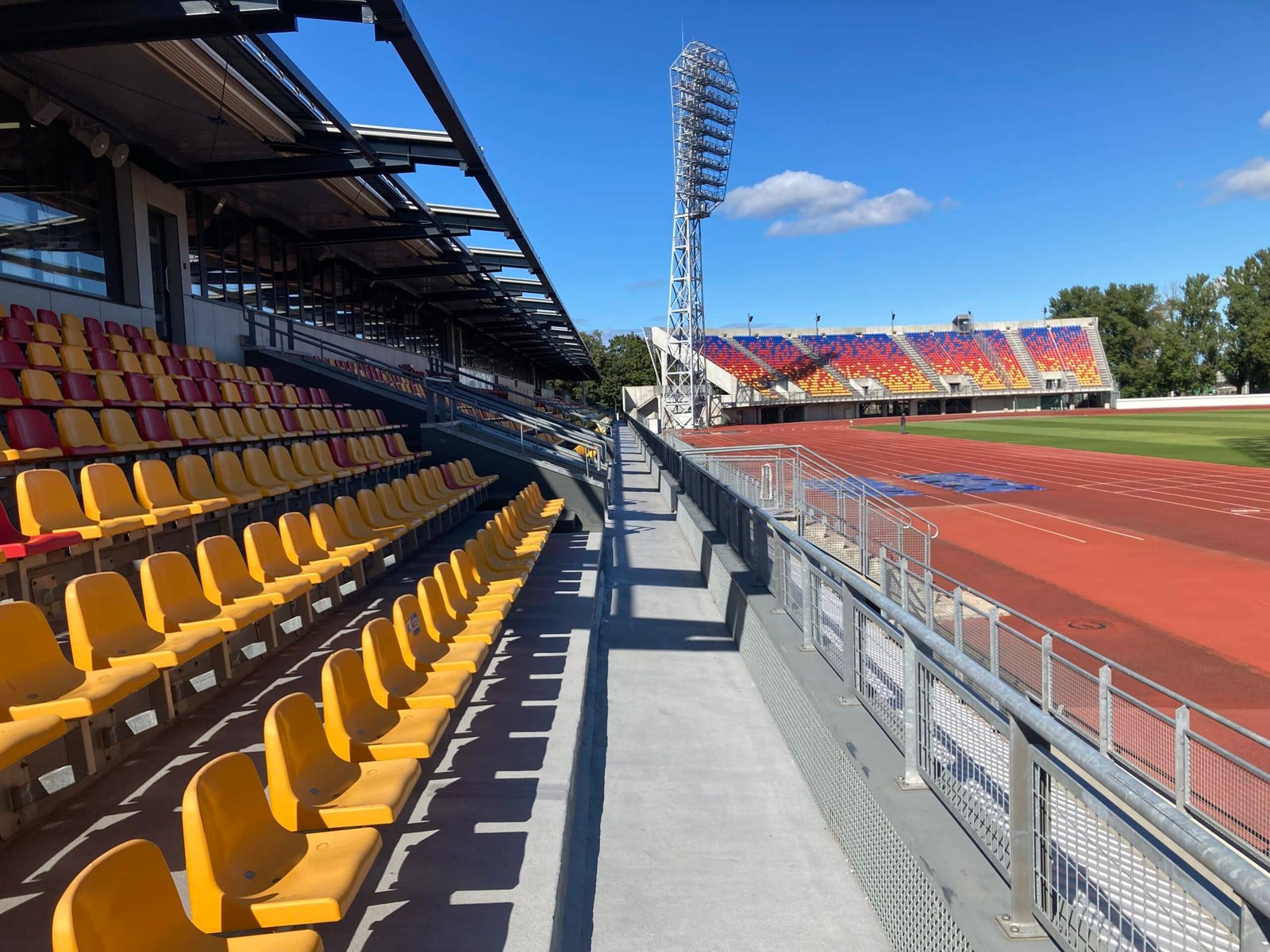Teams, tales and tips – a guide to the local game
Riga’s clubs have dominated Latvia’s Virsliga since the country gained its independence from Moscow in 1991. Created that same year, Skonto Riga won the first 14 titles on the bounce, claimed some surprising scalps in Europe and opened their own self-named stadium in 2000.
After the club collapsed in financial ruin in 2016, Riga FC emerged to move into the Skonto Stadium and top the league three times in three years. Founded the same year of 2016, their main rivals RFS equalled that achievement, etching their name on the Virsliga trophy in 2021, 2023 and 2024.
So far, so post-Soviet. But the game’s local heritage stretches back far longer. Indeed, the venue hosting Latvia’s key fixture in 2025, the Daugava Stadium staging the World Cup qualifying match with England in October, dates to 1927, when the first all-national Virsliga was launched. Before then, teams exclusively from Riga competed for the Latvian Championship and before then – from 1908 – the Riga Football League.
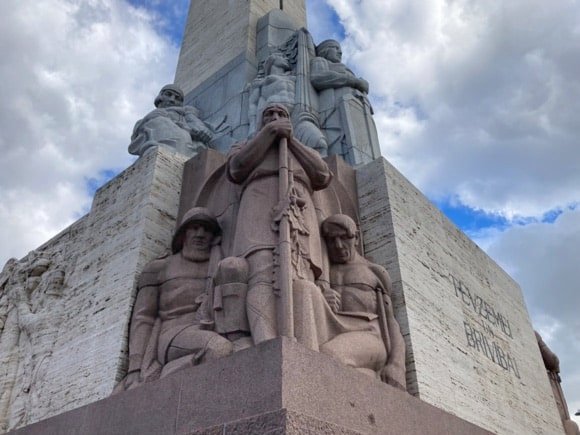
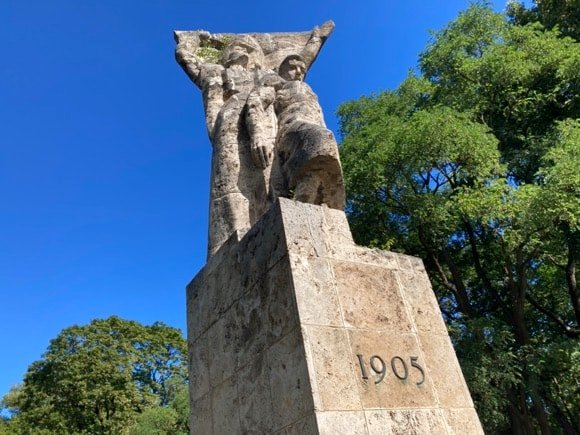
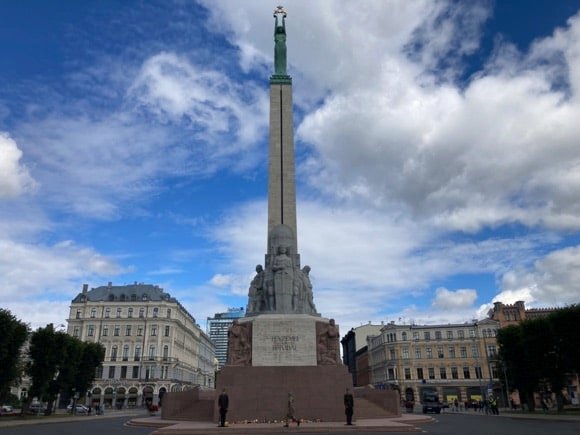
The story of football in Riga is one of dedication, upheaval and renewal. This was never better illustrated than in the English industrialist, sports enthusiast and occasional spy who founded the city’s first two football teams, and later the Latvian Football Union in 1921.
As part of its centenary celebrations, its modern-day iteration, the Latvian Football Federation (LFF) organised a memorial ceremony at the hitherto hidden grave of its founding father, Harold Trevenen Hall, inviting his granddaughter over from Canada, the British ambassador and various LFF representatives.
The qualifying draw for the World Cup 2026 pitted England and Latvia together for the first time. The build-up to the match in Riga, months after their initial Wembley meeting, shone a light on Hall’s influence on soccer in Latvia.
The Riga Harold Trevenen Hall was born into in 1884 was mainly German-speaking, albeit as part of Tsarist Russia with a growing Latvian middle class. His father, George Frederick Hutton Hall, had set up a factory in the Iļģuciems district of Riga, and a family home by Lake Jugla alongside Latvia’s capital. Here, in Strazdumuiža, British entrepreneurs ran two other factories, creating an enclave of foreign ingenuity and development.
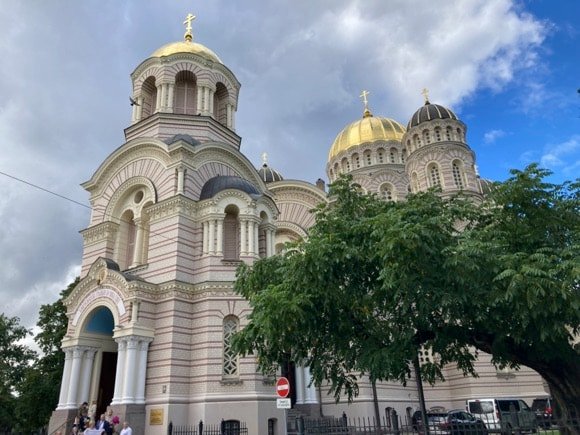
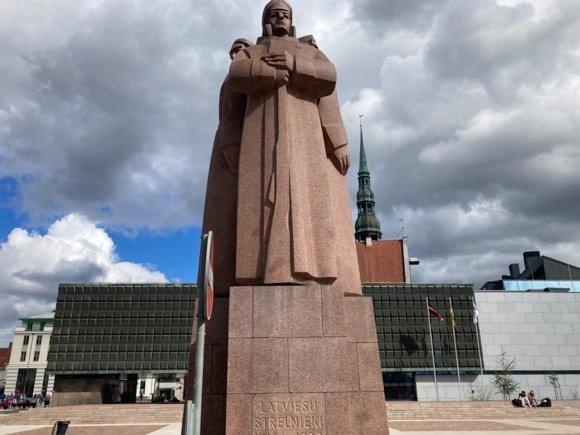
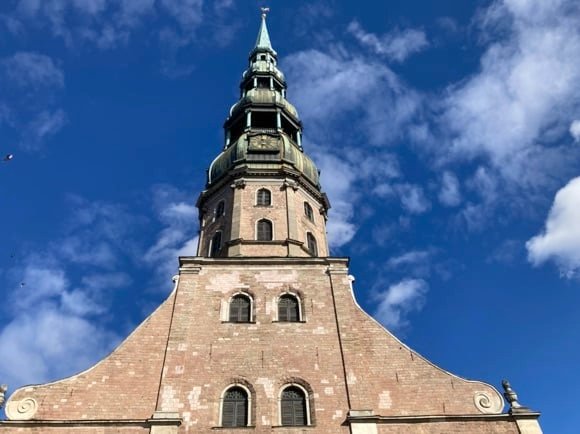
Once he had finished his education in sport-obsessed England, Harold Trevenen Hall returned to take over his father’s factory – and to form both the British Football Club and German-speaking Union Riga. In the spirit of the age in this multi-lingual society, pre-World War I, pre-Russian Revolution, Hall played for Union.
At the same time as Lancashire’s Charnock brothers were establishing football in Moscow while running their textile factory, so Hall spearheaded the game’s development in what was the sixth largest city in the Russian Empire.
A Union cycling club had already been formed in 1893, the football section in 1907. Along with British FC and the fellow Baltic Germans of Kaiserwald, the three competed in the Riga Football League. Referred to in Latvian as Keizermezs, Kaiserwald played at Mezaparks, a recreational area of north-east Riga. British FC won the disputed first Riga title of 1908, Union the next two, along with the Riga Cup.
Based on grand central boulevard Elizebetes iela, Union fielded one of the greatest players of this early era, Ceslavs Stanciks, a teenage prodigy who would win titles with Kaiserwald and RFK Riga, the first club to nurture Latvian players after the country’s independence in 1918. By then, the Russian Revolution had swept away the Tsars and Harold Trevenen Hall found himself working for British intelligence while working undercover around St Petersburg and at the British passport office in Riga.
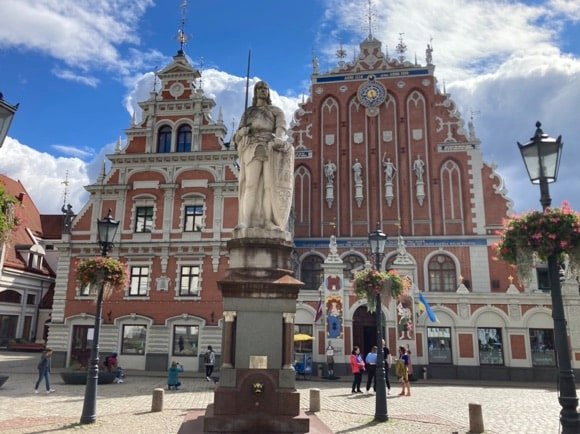
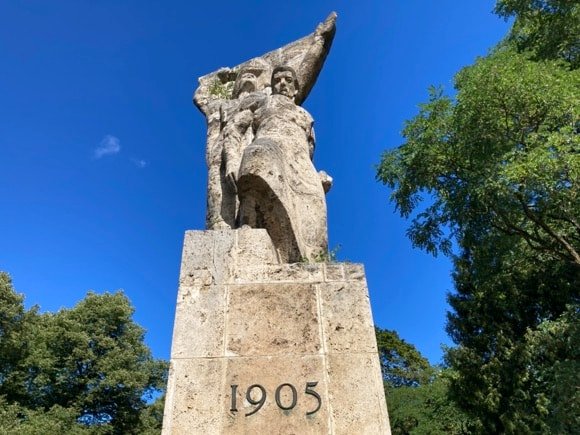
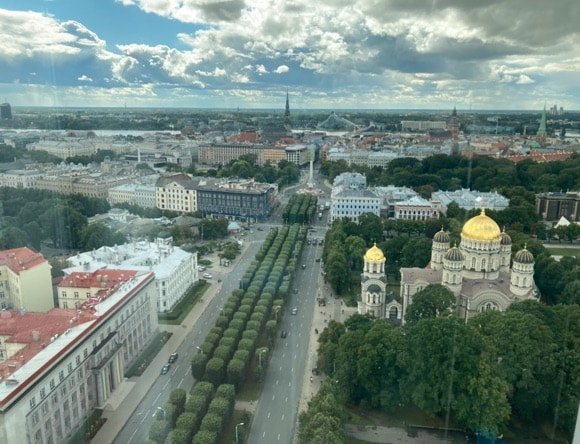
With a groundswell of Latvian nationalism, sport flourished. RFK Riga were founded specifically to challenge the Germanic Kaiserwald, who had won the first two titles after World War I. Also playing for the newly created Latvian national team, participants at the 1924 Olympics, the three Barda brothers and goalkeeper Hermanis Saltups helped RFK win three straight titles from 1924 to 1926.
With the expansion to a national league in 1927, the team from the resort city of Liepaja broke Riga’s monopoly, as key RFK players were lured away to the newly formed Riga Vanderer, thus creating the city’s first bitter football rivalry. The other main club on the scene was ASK Riga, the Armijas Sporta Klub backed by the military, which funded the building of a football ground.
Unveiled in 1923, the ASK Stadium on Krisjana Barona iela also staged several internationals as Latvia competed in the Baltic Cup – winning its inaugural edition in 1928 – and took on Scandinavian nations and nearby Poland. Results were occasionally surprising, including a 4-1 win over Sweden, a 3-3 draw in Poland and Austria’s famed Wunderteam held to a 2-1 win in Vienna in 1937.
If the return leg in Riga had been played, the home side would have pushed the visitors to the limit. As it was, Austria was swallowed up by Hitler’s Germany, and Latvia were shunned by FIFA, who decided that the 1938 World Cup finals should be one team short rather than grant the little-known Baltic upstarts the chance to participate.
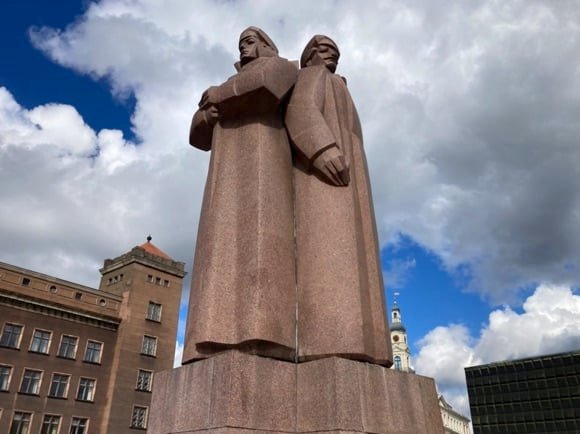
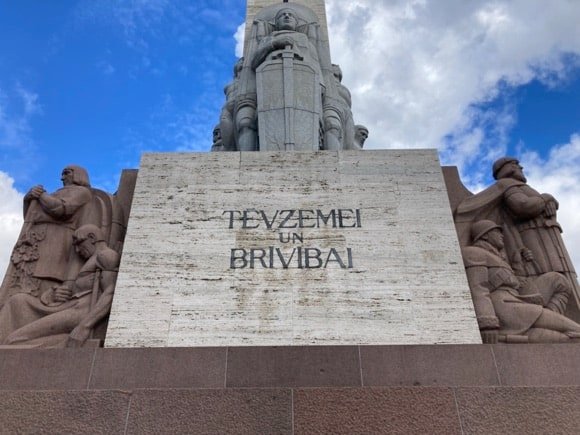
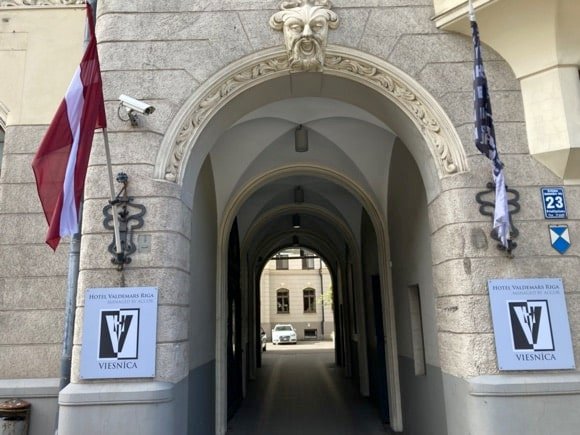
This then, was the golden age of football in Riga. It proved to be short-lived. Scorer in each of the 1938 qualifying games against Lithuania, RFK striker Fricis Kaneps was deported to Siberia in 1945 but made it back alive, and still played football afterwards.
Jewish forward, Riga-born Ilja Vestermans, on the scoresheet in both games against Lithuania and in Vienna, was already playing professionally in the Austrian capital at the time of Latvia’s underdog heroics. After Hitler’s takeover of Austria, he escaped to the States to play for teams in New York, and live to the ripe old age of 90.
Sadly, the man responsible for Latvia’s first clubs, its FA, even its first book of rules, Harold Trevenen Hall, didn’t survive the war. Still working surreptitiously for the British authorities and refusing to leave Latvia, he was imprisoned and tortured by the Gestapo, and died shortly afterwards. His grave at Lielupe Cemetery in Jurmala was neglected and soon overgrown. It was only after research by diligent local football historians, with the FA centenary approaching, that Hall was given a suitable memorial.
After the Soviet takeover of 1945, which brought Latvia into the USSR, ASK Riga became AVN, their former domestic competitors long disappeared, RFK included. The Latvian Socialist Soviet Republic league and cup were quickly overshadowed by their counterparts from far stronger republics.
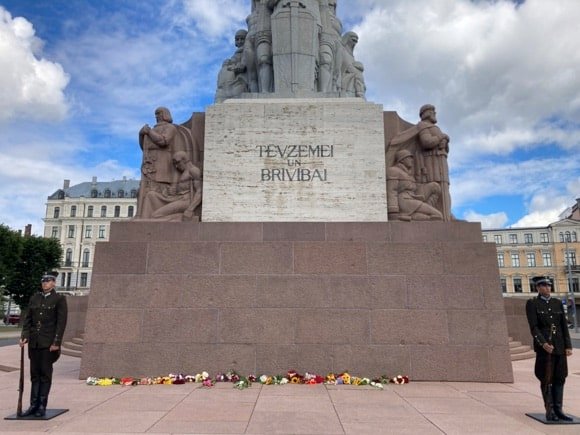
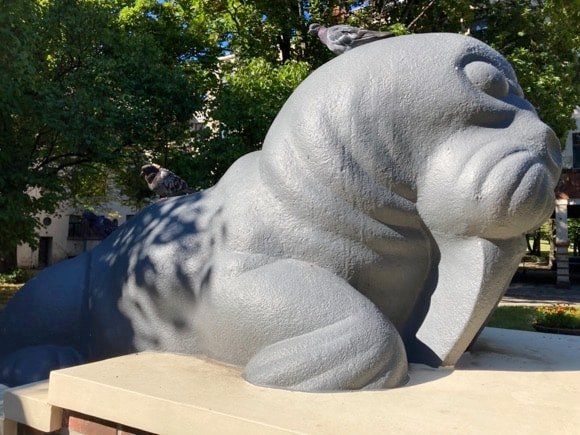
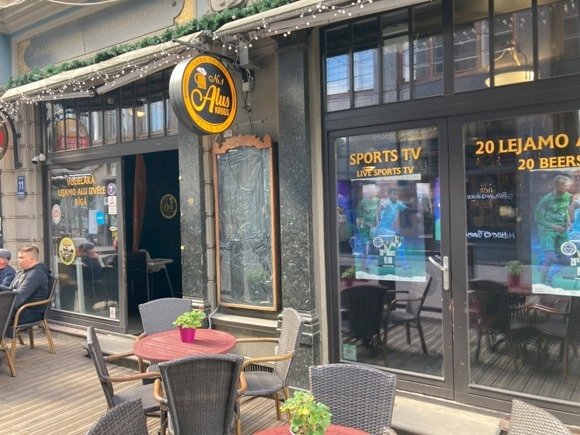
While successful in the backwater Latvian league in the 1960s, the army side made no headway in the all-Soviet Cup. Disbanded in 1970, they at least produced a real talent in midfielder Janis Gilis, whose coaching skills came to the fore when the newly independent Latvian national team caused a few upsets in the 1990s.
Ownership of the ASK Stadium was passed to the University of Latvia, then to the City of Riga, but it fell into disuse and was knocked down in 2017. Little is known what happened to Latvia’s other main pre-war ground, Latvijas Sporta Biedriba or LSB Stadion, where the national team played their first full international in 1922. What is now the Daugava, first opened nearby in 1927, was given a Stalinist makeover in the early 1950s and a club of the same name created.
The most well-known Latvian team of the Soviet era, winners of a regional division of the second-flight USSR-wide First League in 1985, though not promoted to the national elite, Daugava failed to survive the change to the free-market economy after 1991. Named after the river that flows out through Riga, for two generations Daugava symbolised Latvian mettle against the greater forces of Soviet football, while their stadium hosted a popular national song and dance festival, an annual display of Latvian pride.
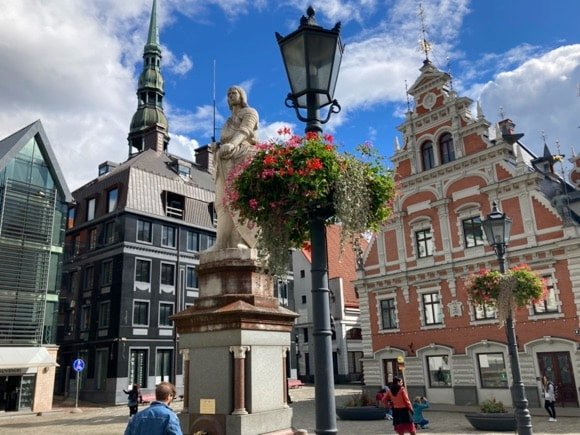
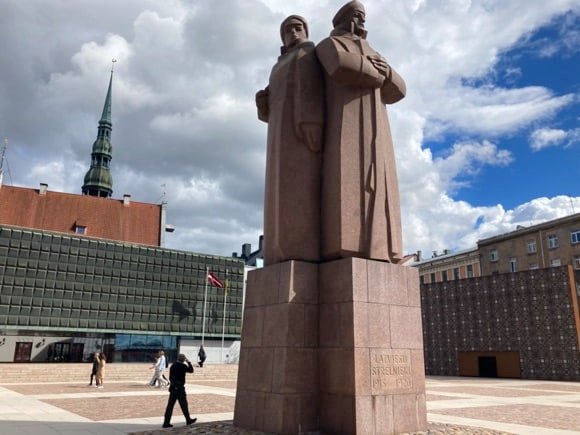
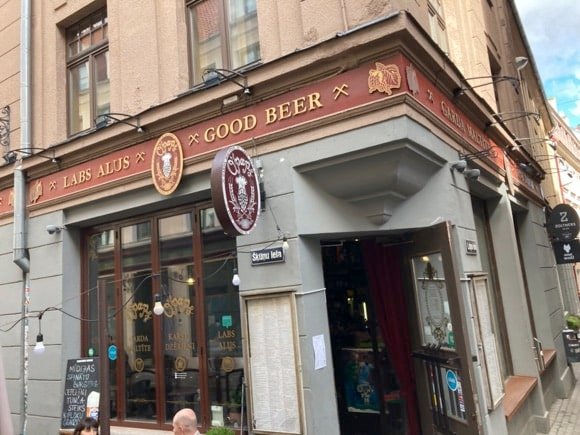
The Daugava name, and Soviet-era logo, was later taken up by FC Ditton in the riverbank city of Daugavpils, whose name is a rare provincial one in the Virsliga roll of honour following their title win of 2012. Much like Skonto, the club was dissolved in 2015.
Of the 13 Latvian champions since Kaiserwald’s first Riga-only league crown in 1922 – not including the Soviet era – only five survive. Two of them, recent title-winners Riga FC and RFS, contest the modern-day Riga derby. Neither club dates back beyond 2014.
The history and heritage of the game here are best embodied in the state-owned, century-old Daugava Stadium, with its Soviet-style floodlights, where the Latvian national team achieved the occasionally astonishing result in the 1990s – and in the gravestone of the Englishman who developed football here in the early 1900s, Harold Trevenen Hall.
Getting Around
Arriving in town and local transport
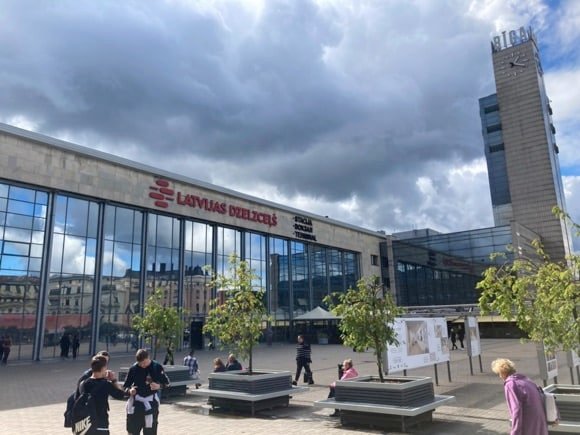
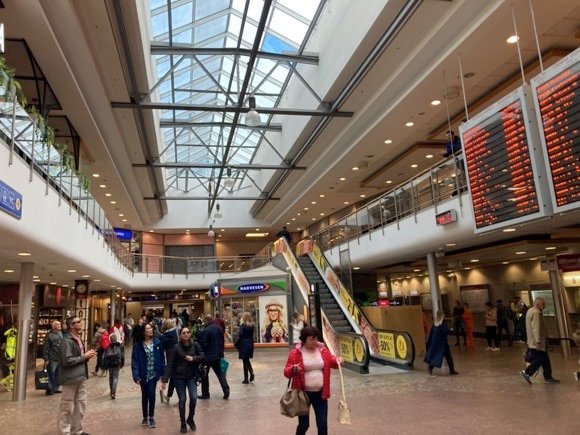
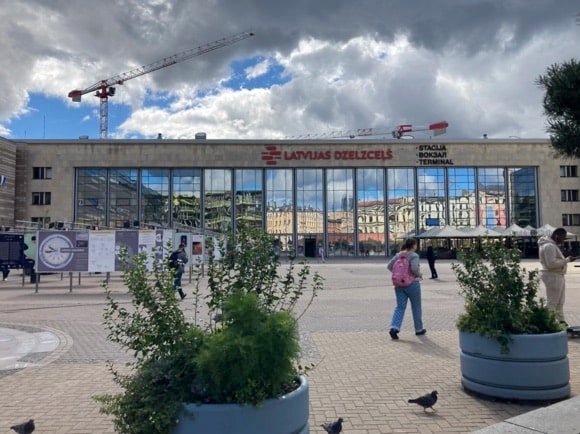
Riga airport is 10km (six miles) west, linked to the city centre every 15-20mins by city bus 22 (single €1.51, 90min ticket €1.50, 24hr €5), which takes 40mins to reach main points in town, including the bus and train stations. Buy your ticket from the machine at the stop, from Narvesen shops in the airport terminal and, from the airport only, by card from the driver. You can also download the Rigas Satiskme transport app in Google and Apple versions.
City transport consists of trams, buses and trolleybuses. Riga Pasazieru main train station is between the old town (Vecriga) and new city centre (Centrs) a short walk from either. Riga Central Bus Station is nearby, closer to Vecriga and the Daugava river.
The Daugava Stadium is 2km east of the city centre, the Skonto Stadium is just north of, and walkable from, Centrs. The LNK Sports Park, home of RFS and opened in 2022, is way south of town, on the opposite bank of the Daugava, on bus 12 from town.
Taxis from Riga airport run on a voucher system (€33.50), available from the Visitor Centre in Arrival Hall E. The fare is valid for just one stop to anywhere central for up to four passengers, with luggage, any time of day. Single travellers may find a cheaper rate dealing directly with a local firm – companies include Red Cab (+371 8383).
Where to Drink
The best pubs and bars for football fans


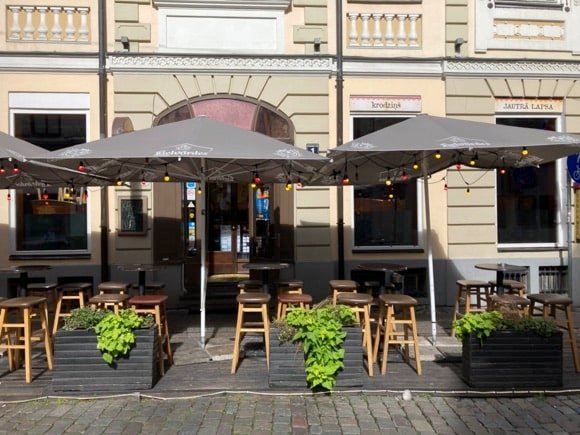
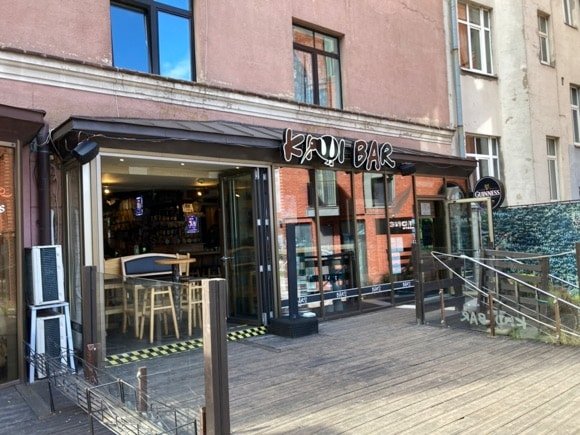
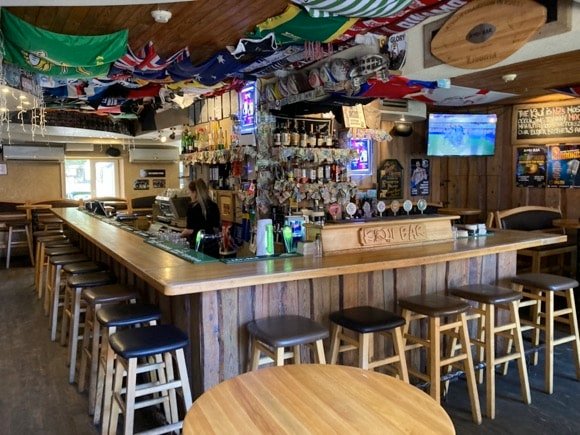
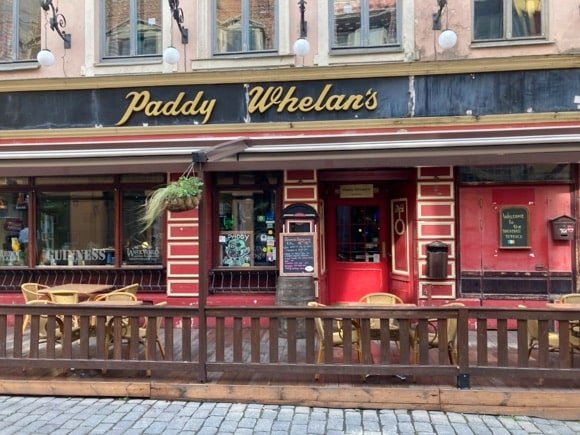
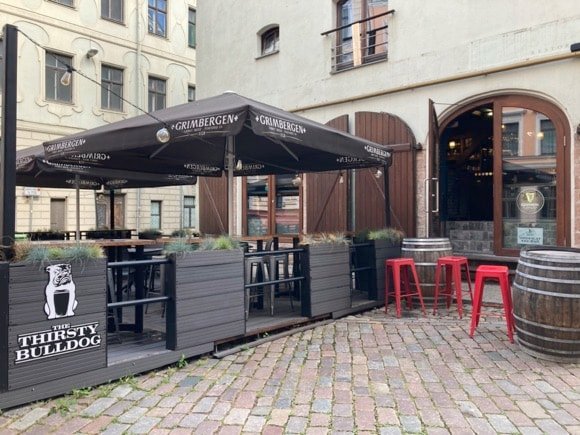
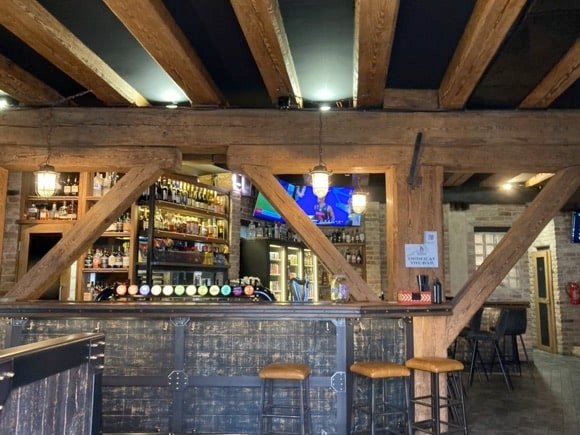
Having accommodated far too many stag weekends with good grace, compact Vecriga has no shortage of football- and foreigner-friendly pubs. Every other building in the streets surrounding St Peter’s Church seems to be a hostelry of some kind, starting with the Kiwi Sports Pub on Skarnu iela, NZ-managed and filled with flags and screens. Nice terrace, too. Close by, on the corner with Laipu iela, O’Paps keeps the drinks flowing until 2am, 4am on Saturdays, with no shortage of TV sport.
On the other side of the church, Paddy Whelan’s should tick most visitors’ boxes. Just over Grecnieku iela, Funny Fox follows TV sport and serious drinking with karaoke. Closing time is 6am every night, so pace yourself.
Over on Vecpilsetas iela, the homely Thirsty Bulldog screens all kinds of sports while serving Mezpils, Gaisais Alus, Sazobe, Guinness and Kilkenny. On the fringes of Vecriga, long popular Beer House No.1 now goes by the name of Buzzing Grilbars but still offers dozens of beers on tap, plus TV sport and pub grub a-plenty.
Where to stay
The best hotels for the stadium and city centre
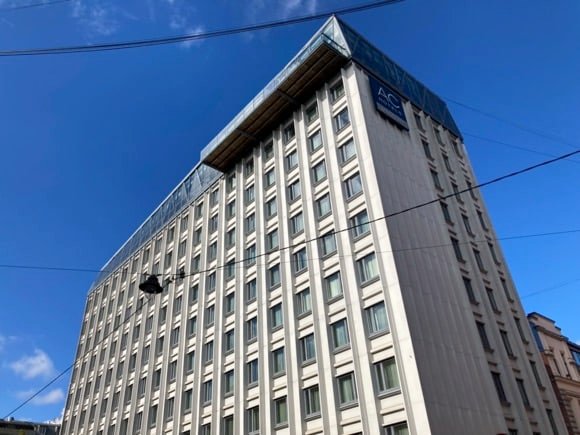
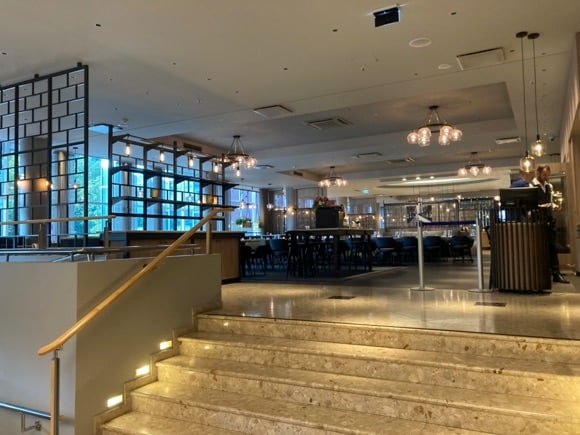

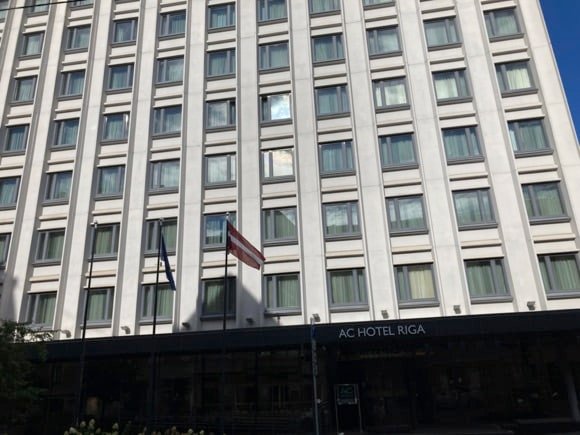
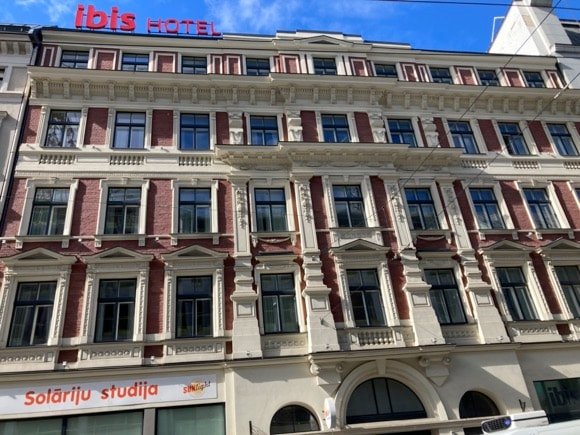
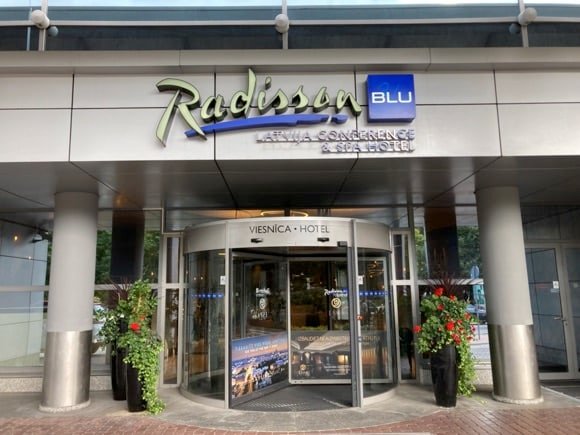
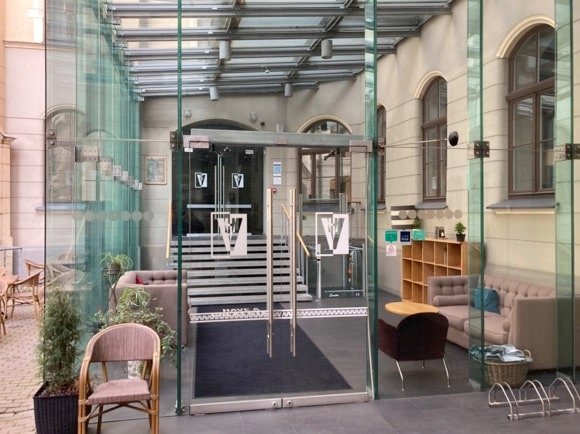
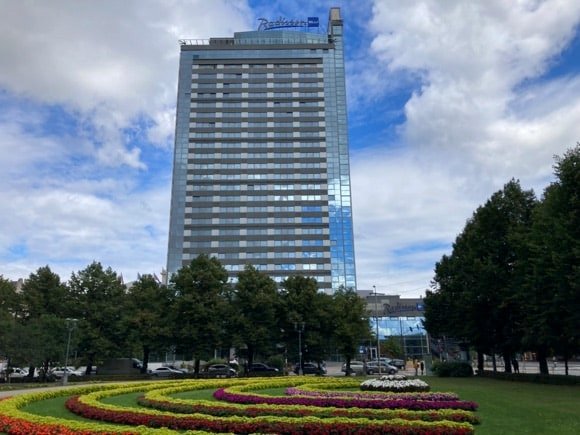
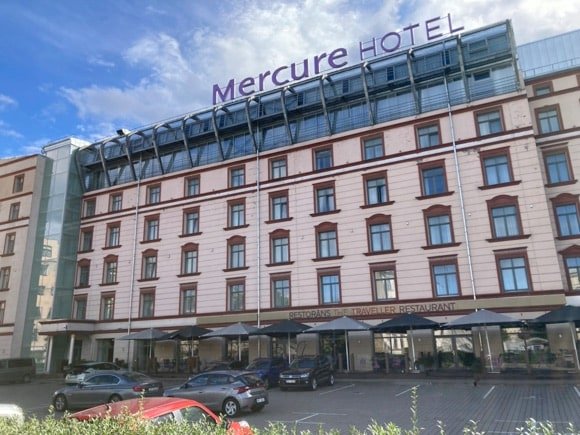
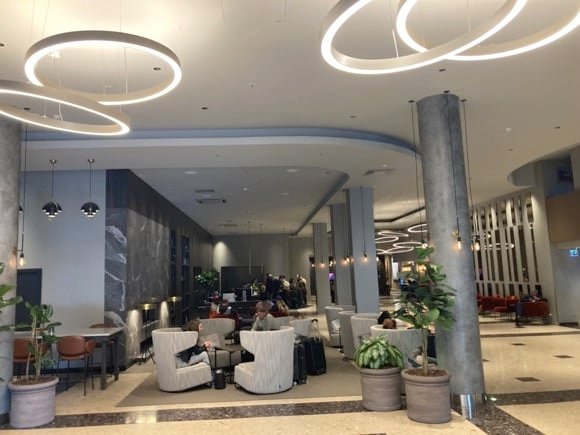
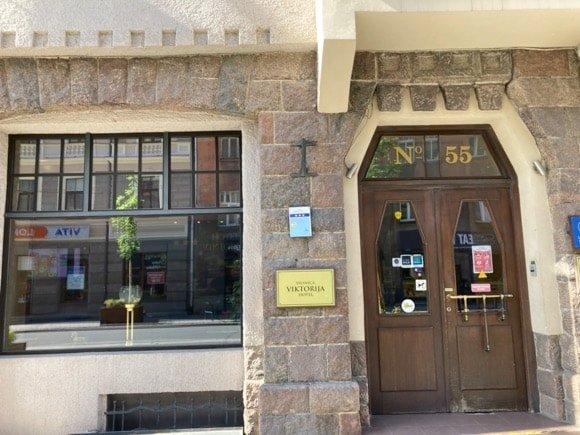
Live Riga has a comprehensive database of hotels.
There are no hotels by the Daugava Stadium but the old-school three-star Viktorija sits halfway between the ground and town on Aleksandra Caka iela, a landmark lodging that survived two world wars and Soviet rule. Rooms are fairly basic but 24/7 reception and 1pm check-in are bonuses.
Near the Skonto Stadium, the AC Hotel Riga provides contemporary four-star comfort with neat design touches. The nearby Valdemars, recently rebranded under the TRIBE umbrella in the Accor chain, occupies a splendid Art Nouveau building containing 83 rooms and suites.
Towering over on main Elisabeta iela by a city park, the 571-room Radisson Blu Latvija attracts the business crowd with its conference facilities and high-end spa, but its rooftop bar, gym, indoor pool and room service can be procured at a surprisingly affordable rate, under €100 for two if direct-booked.
Right by Riga main train station and so convenient for the airport bus, the Mercure Riga Centre fills another Art Nouveau with designer accommodation and a cool bar space. Alongside, ibis Riga Centre was built as a hotel back in 1895 – the wallet-friendly prices reflect the fairly basic rooms, but you couldn’t be better situated.
